Podcast
The William Temple Foundation Podcast has been in existence since 2019. Each series has been focussed on different themes and different ideas that are shaping the public space. Our podcast is curated by different members of our Fellowship. The first three series produced by Rosie Dawson, and hosted by Tim Middleton, Tim Holwes and Bishop James Jones, which explores public theological themes through the lens of “Staying with the Trouble” by Donna Haraway. Our current series, series four, explores Deep Time. We are grateful to Tim Middleton for his leadership on this. In April 2024 we are also proud to share our William Temple Foundation Podcast Specials Series produced by Matthew Barber-Rowell. You can listen here, on our page at anchor.fm, or subscribe via Apple, Spotify or Google.
Series 5: Podcast Specials – Ethical Robots
In this new series of podcasts, the William Temple Foundation Podcast offers one of Special Episodes, which cover a key emerging topic. This edition is focussed on the topic of Ethical Robots, catalysed by the paradigm shift that is taking place in Artificial Intelligence. This episode was recorded in February 2024 and was recorded in part in the memory of Rev Dr John Reader who was a longstanding friend and fellow of William Temple Foundation. The episode is being released in Summer 2024, to support dialogues taking place at the Greenbelt Festival this summer, which reflect on Theology and the Digital. Listen for free here:
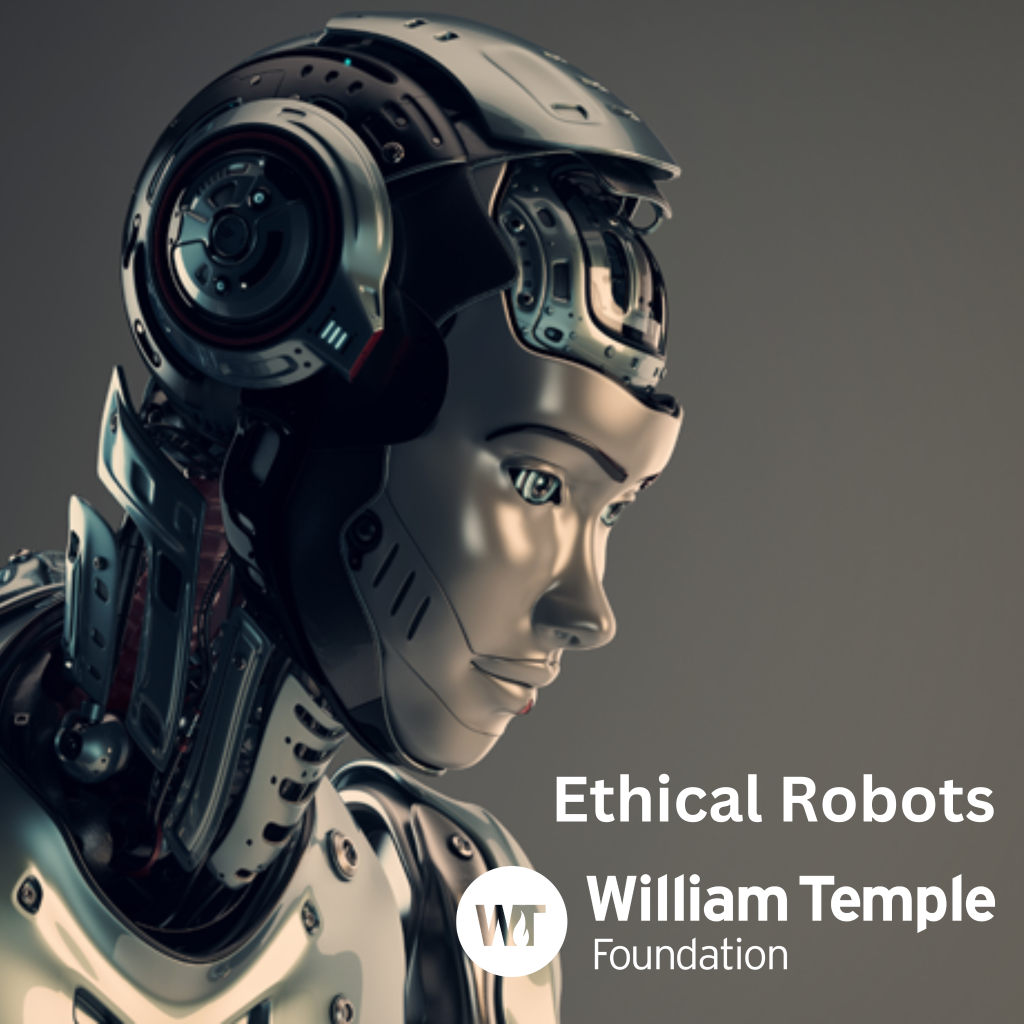
Series 4: Deep Time
In the first episode of Deep Time: Visions of the Earth’s Future, Richard Fisher explains what ‘deep time’ is and why people have become so interested in the long-term view. From Zoroastrian fires and Shinto temples to the concept of ‘cathedral thinking’, he also unpacks some of religion’s relationship to deep time.
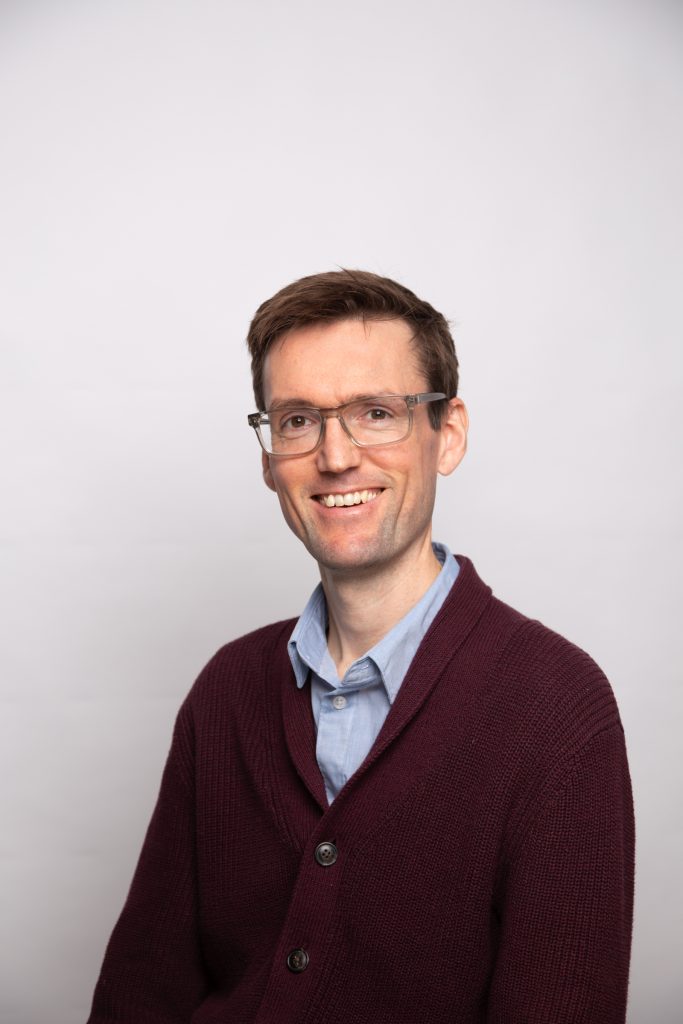
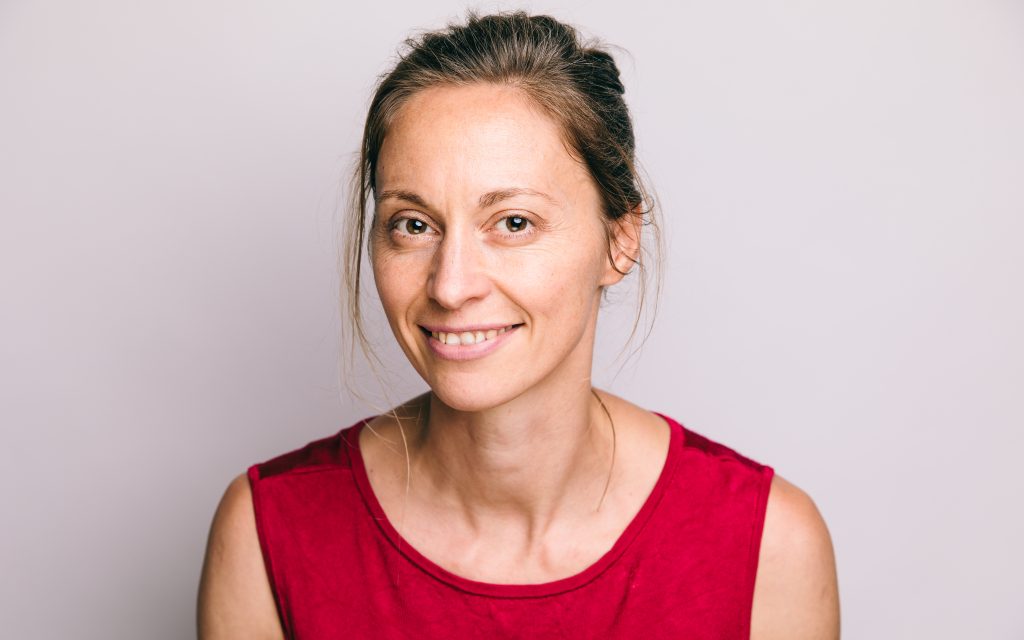
Episode 2, due on 22nd March: Manjana Milkoreit discusses the importance of imagination for thinking about the future. From climate fiction to dystopian film, she digs into what such creations reveal about our current priorities in the present—and why such imaginings need to be grounded in diverse communities.
Episode 3 due 29th March: Michelle Bastian raises some possible concerns with deep time thinking. She introduces a wide range of different ways of thinking about time, and reflects on some of the links between time and power. Are some of the popular engagements with deep time causing more harm than good?
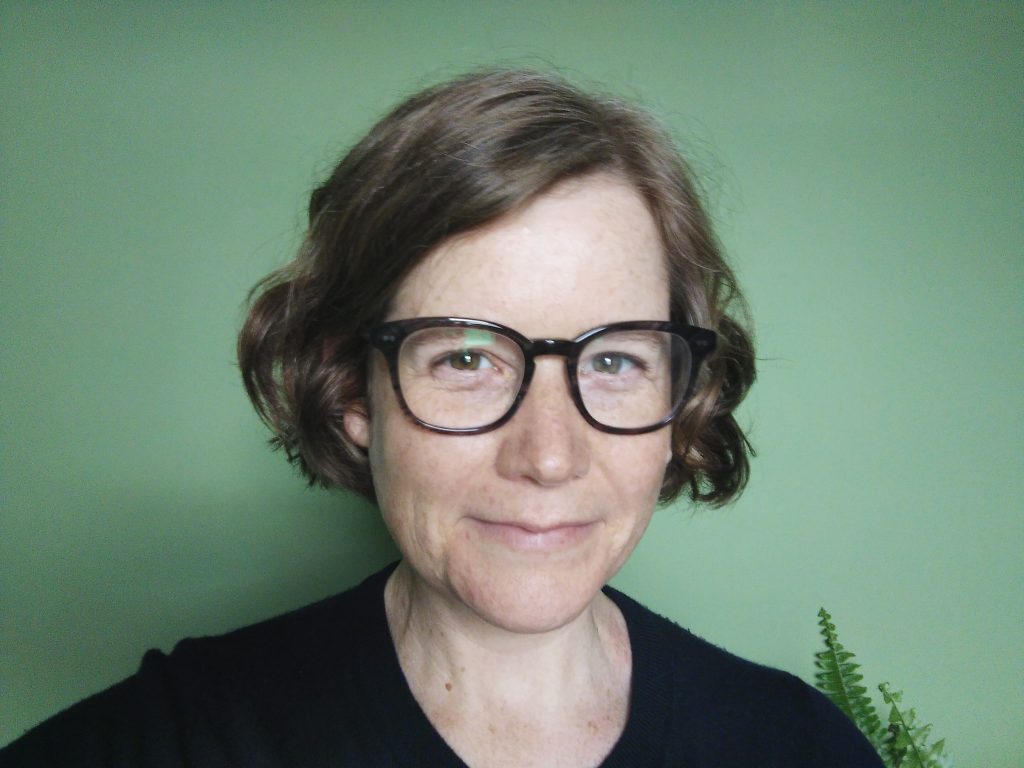
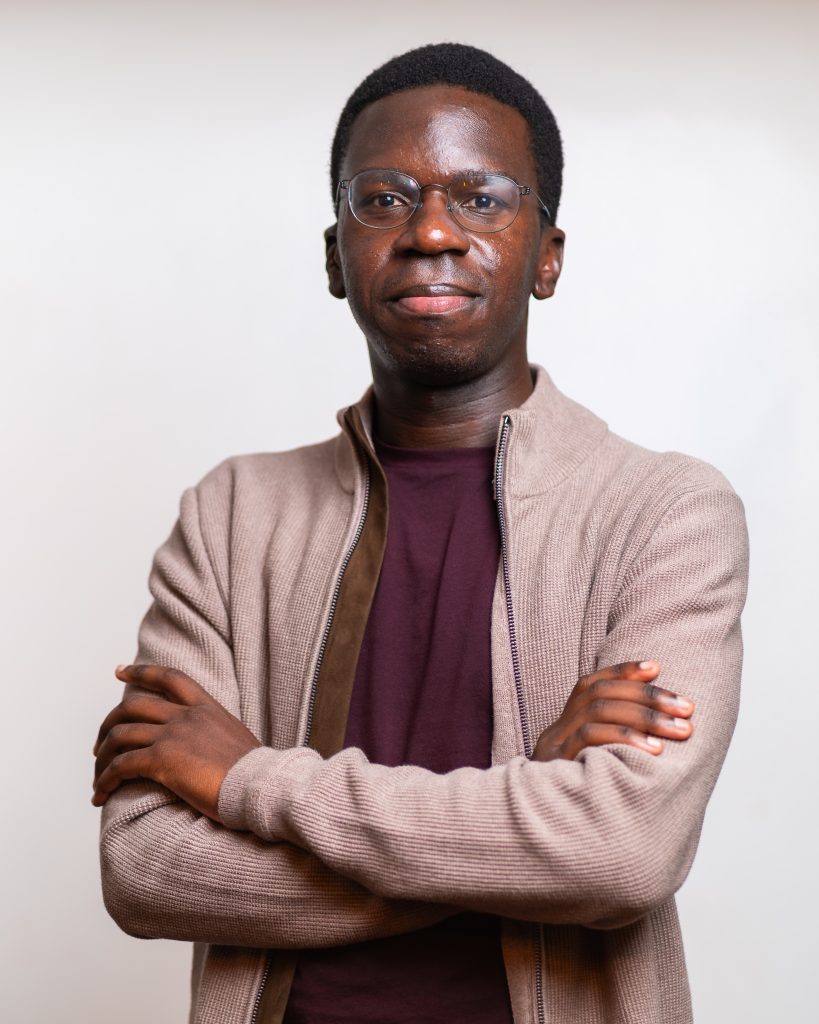
Episode 4 due 5th April: In this episode, Cecil Abungu explains some of the philosophy of longtermism, and how it ties in to both the effective altruism movement and the study of existential risk. He also explores a variety of African perspectives on longtermism, suggesting how western voices might learn from indigenous thought when discussing the distant future.
Episode 5 due 12th April: In this episode, Simone Kotva speaks about deep time, religious apocalypse, and the ‘end of the world’. She makes the case that what we believe is potentially much less important than spiritual exercises and practices of attention for encouraging ecological concern.
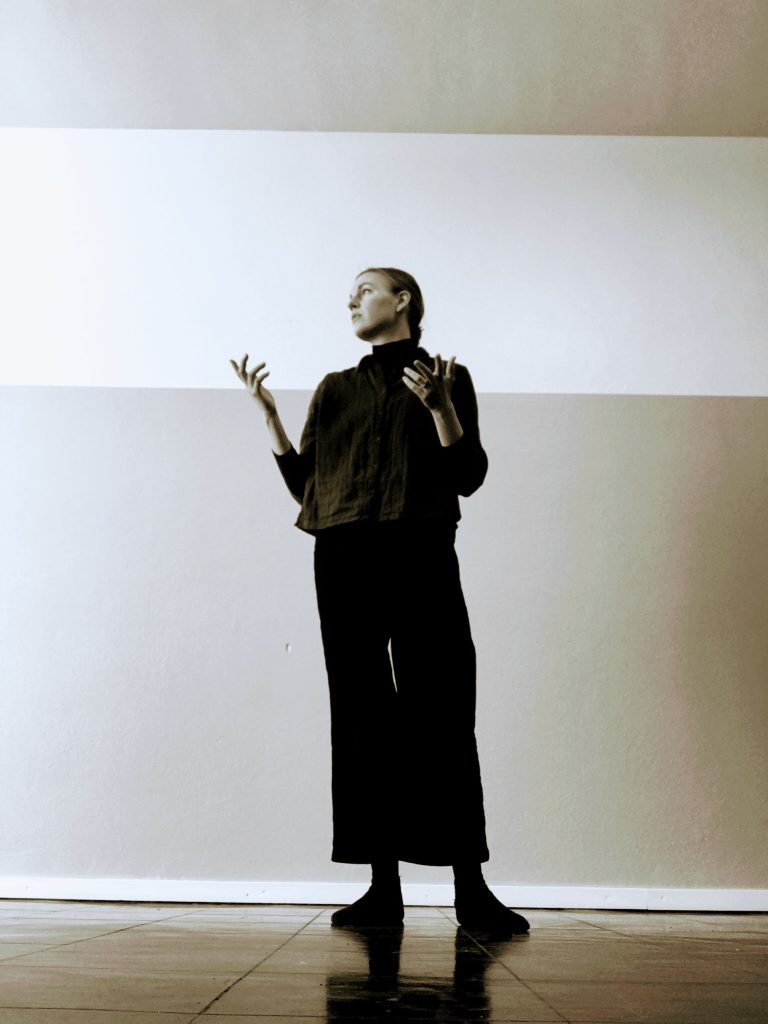
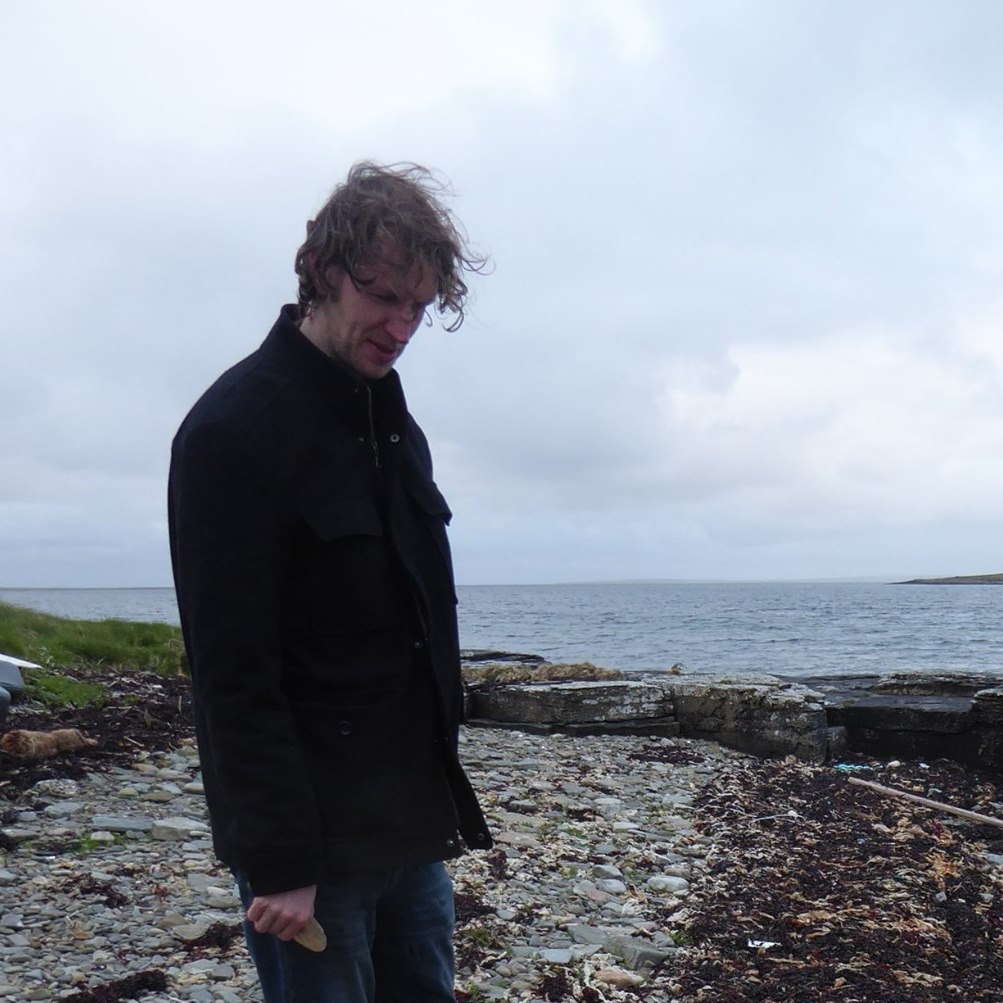
Episode 6 is due 19th April: Richard Irvine ends the series by joining the dots between geology and anthropology. Are these vast timescales ultimately dehumanising? And can we learn something about time from monastic communities?
Series 1-3: Staying With the Trouble
Canon Kathryn Fitzsimons, Anglican priest of two parishes in highly contrasting areas of Leeds, reflects on some of the costs to challenging poverty and inequality in the city, and engaging with power structures to bring meaningful change.
Jamie Jones Buchanan, interim Head Coach of Leeds Rhinos Rugby League club, reflects on how sport can transform lives and outlooks for those facing their troubles, and the vital role of local sports clubs as beacons of hope and inclusivity.
Rev Dr Carol Tomlin reflects on her Leeds childhood as part of the Windrush generation, and how her role as both an academic educator and a Pentecostal minister allows her to address racial injustice across society, academia and the church.
Simon Phillips discusses his work as an interfaith leader and community engagement officer with Leeds Jewish Housing Association as both the Jewish community and wider city seek to develop compassion in the context of racial and economic injustice.
Mary Brennan talks about her work as a Leeds Poverty Truth Commissioner and the impacts poverty has on peoples’ lives and wellbeing in her local neighbourhood of Cross Green.
Tom Riordan, Chief Executive of Leeds City Council discusses how his childhood experiences have shaped his values and leadership approach in the face of the challenges and opportunities facing Leeds and the North of England.
Andrew Grinnell, co-director of the Poverty Truth Commission Network, describes the gifts and the wounds he has encountered whilst living alongside those experiencing poverty.
Mark Tan, intensive care doctor in Manchester, explains how understanding medicine as an act of faith helps deal with the uncertainty of a global pandemic. (Apologies for the poor sound quality on parts of this recording.)
Anderson Jeremiah discusses how being a Dalit has shaped his theology, and his work on the Archbishops’ anti-racism taskforce.
Maria Power describes her own experience of The Troubles in Northern Ireland and explains how it has had an important influence on her academic work on peacebuilding.
Andrew Graystone, writer and theologian, reflects on his work of accompanying those who have survived sexual abuse within the church.
Katharine Hayhoe, atmospheric scientist, recounts some of the troubles she has faced when talking about climate change with evangelical Christians and political conservatives.
Anna Rowlands is St Hilda Associate Professor of Catholic Social Thought and Practice at Durham University and author of the report “For Our Welfare and Not for our harm” for the Jesuit Refugee Service. Here, she indicates troubles associated with forced migration and asylum-seeking.
Irene Tuffrey-Wijne, Professor of Intellectual Disability and Palliative Care at Kingston University and a longstanding member of the L’Arche community, reflects on troubles of trust, grief and COVID-19.
Azariah France-Williams, an Anglican priest working for the ecumenical HeartEdge initiative in Manchester, explores the trouble of institutional racism and the Church of England. His book Ghost Ship was published earlier this year.
Tobias Cremer discusses the troubling relationship between religion and the new wave of national populist movements.
Hannah Malcolm explains the trouble of climate grief and how she wrestles with ecological collapse as an eco-theologian and activist. Her new book Words for a Dying World is out later this year.
Jarel Robinson-Brown describes the troubles he’s faced as an academic researching the African origins of Christianity and as a Christian member of the LGBTQ community.